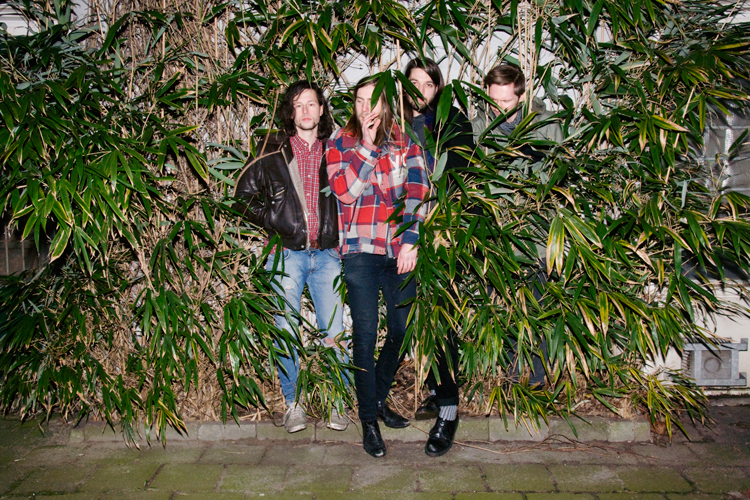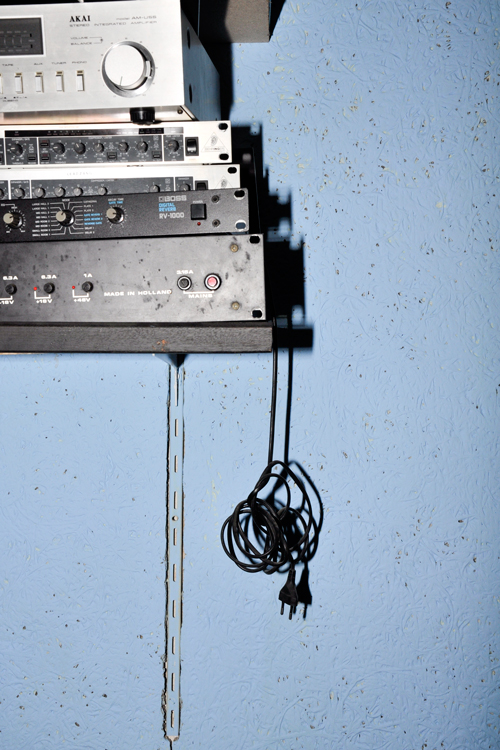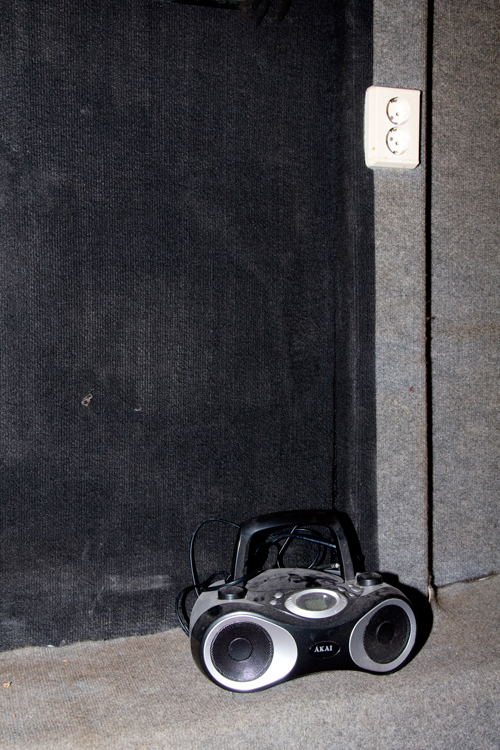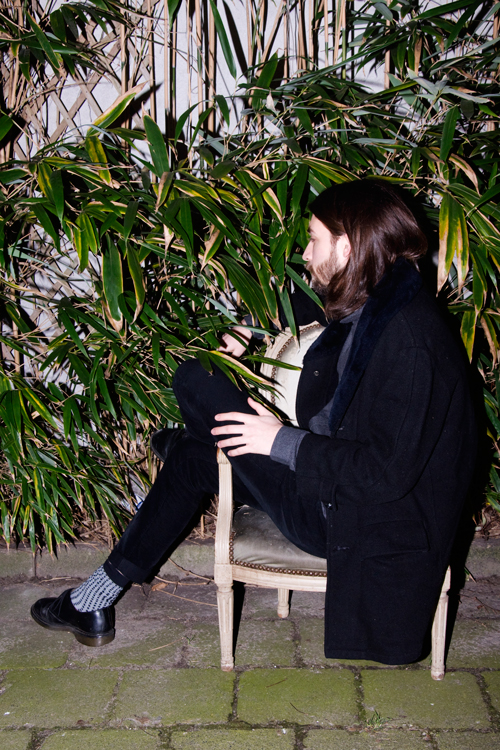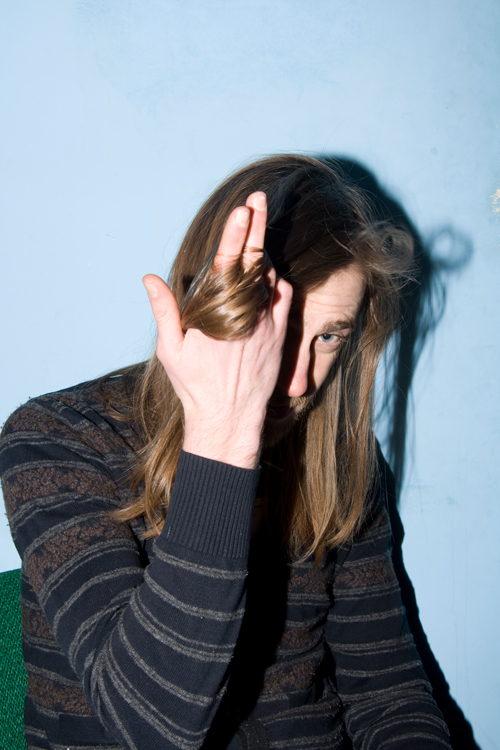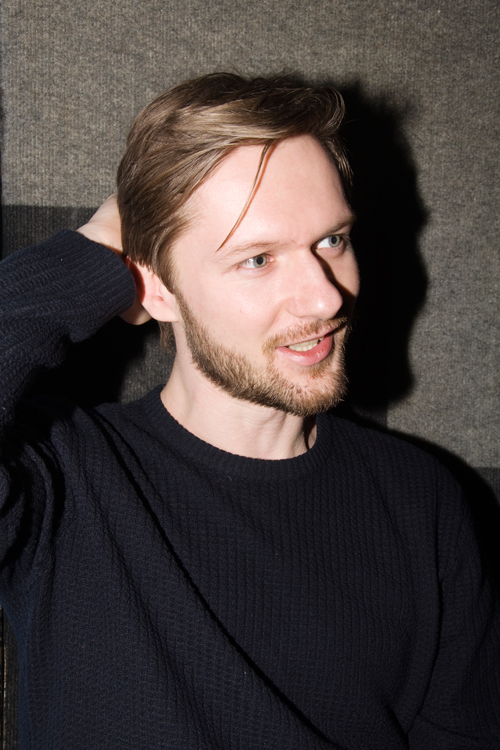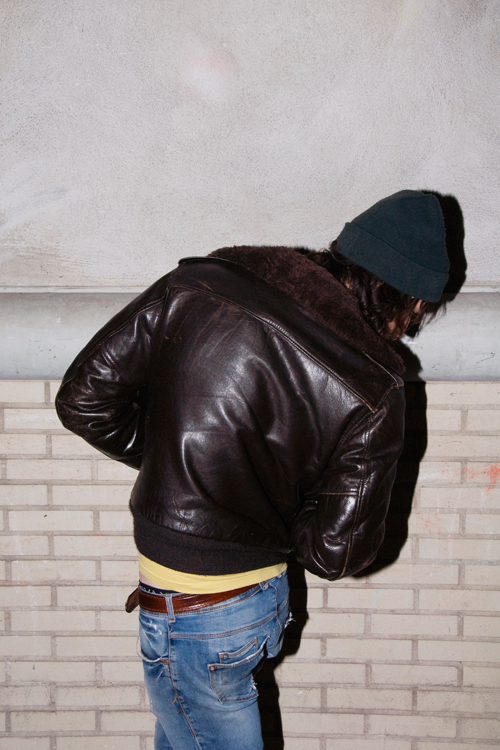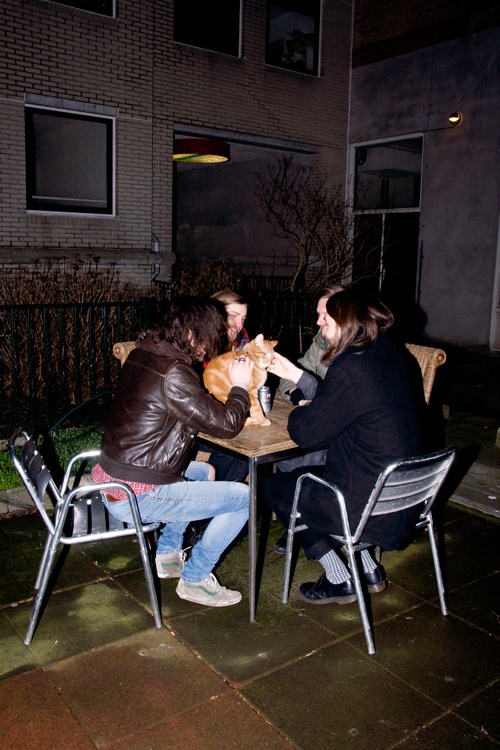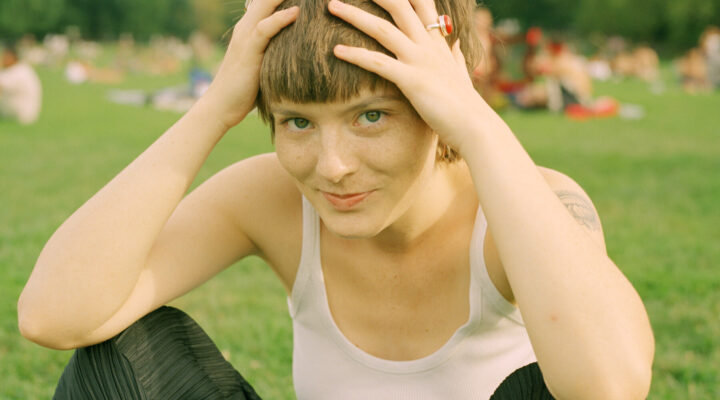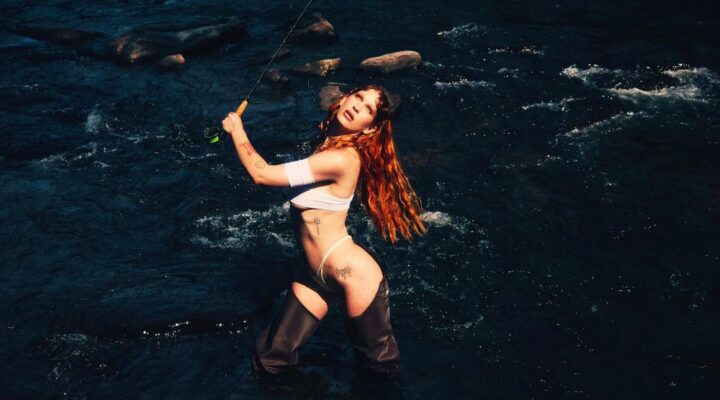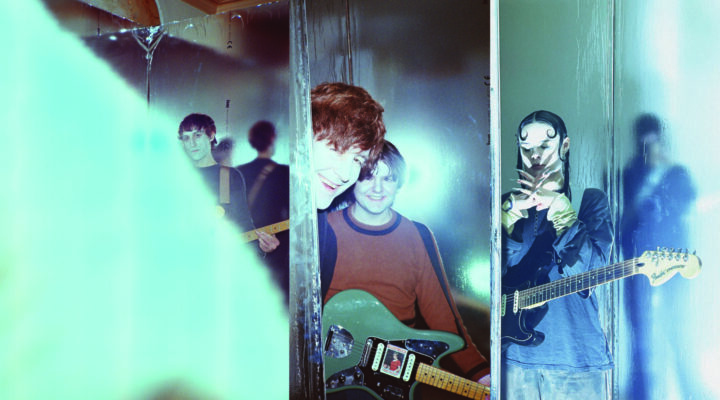How to start a band called TV Wonder
Interview by Koen van Bommel
Photos shot by Mariska Kerpel in Amsterdam, Netherlands
Part One:
How do you become a musician? To begin, this is a subject that should be approached with seriousness and openness. Making music can be fun, but the best results are yielded when you also put in some effort and some thought. That means that there are a lot of questions you have to ask yourself. Questions that could be, but are not limited to, the following:
What is sound? What is music? Where is music?
(In the air? Your ears? Your mind?) Who am I? Who do I want to be? Is there something, some feeling I want to get across? Which sounds resonate with me? Is it the black keys on a piano? The sullen voice of Leonard Cohen? The fiery bravado of Tony Bennett? Will I eventually grow tired of signing autographs or snorting cocaine from a stranger’s butt, or will it remain as thrilling as the first time, forever? What does it mean to be alive, at this particular point in time and space?
There are no definitive answers to these questions, at least none that I can think of. But there is one thing you can take into account, music has to do with patterns, and your brain’s unique ability to recognise them.
So there is music in the beating of your heart, and in your breathing. It’s in your voice and in everyone else’s too. It’s the sound your fingers make on the keyboard, combined with the monotonous whizzing of your laptop. It’s in church bells, in forests, and in this.
What I’m trying to say is that you don’t have to become a musician, but that in many ways you already are.
Part Two:
Some well-deserved practical tips and genuine real life experience (obtained by interviewing TV Wonder, a band whose members have an abundance of both)
I thought it would be a good idea if you started off by briefly introducing yourselves, since you’re such a brand new band and all.
Teun: I’m Teun Heijmans, 26 years old. Originally from Rosmalen, moved to Amsterdam four years ago. I’ve got my own booking agency called Black Rice and I play in Those Foreign Kids.
Stefan: My name is Stefan Stasko, 30 years old and born in Hilversum. I studied history and now I work in customer service at NRC Handelsblad.
Tibor: I’m Tibor Bijl, 24 years old and originally from Almere. I study music management and I’m currently unemployed.
Marijn: I’m Marijn Westerlaken, and I’m also 26 years old and from Rosmalen. I run a guitar store, a label and a booking agency called Alles Los. Oh, and I also play in Those Foreign Kids.
‘The main reason for TV Wonder was that Tibor wanted to have a guitar band. And we all knew each other’
So except for Stefan, you guys are all involved in the music industry in one way or another.Isn’t it weird to be at both sides of the desk, so to speak?
Teun: Not really. I mean, it’s not difficult to combine those things. I think if anything, you’re even more conscious of keeping the two separate.
But if you’re also running a booking agency, isn’t it tempting to book your own band for certain things?
Teun: No, that’s really just not done.
Marijn: You could never justify doing that.
So how do you get shows? I mean, there isn’t a single note of TV Wonder to be found on the internet, but you’ve still played a couple of shows, right?
Tibor: Well, we know people at Subbacultcha so we just emailed Leon or Bas and said: ‘Hey, we’ve got a new band. Can we do some shows?’ And besides that, Teun and Marijn have got a large network that we can use to our advantage.
Was the fact that you already knew you could get some shows decisive when you were thinking about forming TV Wonder?
Marijn: No, the main reason for TV Wonder was that Tibor wanted to have a guitar band. And we all knew each other. The close relationship with Subbacultcha obviously made things a lot easier.
Suppose you had to write a book on how to start a band and be successful. What’s the first chapter about?
Marijn: The first is deciding what kind of music you’re going to play. In our case that was experimental guitar pop with a lot of chord and tempo changes and effects. We are heavily inspired by Women. And then I guess the second chapter would be finding people that want to be in your band. They wouldn’t even need to be musicians per se. You could start an experimental drone band and just fuck around with an oscillator.
Stefan: The hardest thing is deciding what kind of music you’re going to play. It usually means doing a lot and also throwing a lot in the trash.
Tibor: Yeah, and then you just play. It’s not that exciting really.
So, what kind of person should you be, if you want to start a band?
Marijn: You shouldn’t do it just for the fun of it. If you have ambitions, you have to take it very seriously and put a lot of energy into it.
Tibor: Never do it because you want to make money.
Teun: Or because you want to make it.
But all that hard work pays off in…
Tibor: Fucking girls, drinking beer. Recognition, that’s also good. The feeling of having something that’s lasting. Something that you can leave behind.
Teun: It’s also a social thing. You’ll find yourself in places that you’re normally not supposed to be.
Stefan: Creatively, it’s very satisfying.
Marijn: I’ve heard playing music is also good for your brain, like, you won’t get Alzheimer’s or something.
How important is having an image? Or something like a backstory?
Stefan: We’re not really concerned with those things. We don’t talk about how we want to come across or how we want to be perceived. If anything, we mostly talk about what we’re not gonna do.
And what would that be?
Tibor: To be associated with Those Foreign Kids.
You really hate that band, huh?
Tibor: No, but with this band we want to be much more serious. And musically, we have nothing in common. But apart from that, we’re not really concerned with having an image. It’s more based on our taste in music. We don’t have an interesting backstory or anything.
When do you know it’s time to leave the rehearsal space and start performing for an audience?
Marijn: Well, there’s two things you can do, and they both have advantages. You can start playing live quickly, and then you’ll get better a lot faster. You gain a lot of experience from playing live.
Stefan: Yes, but if you wait a while, you can really make a statement with what you’re doing. We waited for a while, and I’m glad we did.
Is it hard to find enough places to play live? I’ve always thought that Dutch bands have a big disadvantage compared to American bands, where there’s really no shortage of spaces to play.
Teun: Nah, a big part of America is just empty space, and if you played there every night, it would be for an audience of maybe three people.
Stefan: What they do have in America is things like house shows. Because of the way that cities are laid out there with mostly detached houses. You have a lot more room to make noise.
What about releasing music? How important is having a physical release nowadays?
Tibor: I’d say it’s still pretty important. It’s good to have a physical release on a label. It means there’s other people that see something in your music, and they’re willing to back you.
Teun: I just want to have my own record. It’s kind of like a souvenir, you know?
All things considered, how much time do you put into the band each week?
Marijn: Well, every Monday we practice for about four hours. Then there’s also a lot of talking involved, about what we’re going to do and stuff like that. There’s always something to do. I’d say the band is something that is always there in the back of my head. But maybe it’s different for me, because I also write the lyrics. Things like that are always on my mind. In that aspect, it really is more a way of life than just another job.
